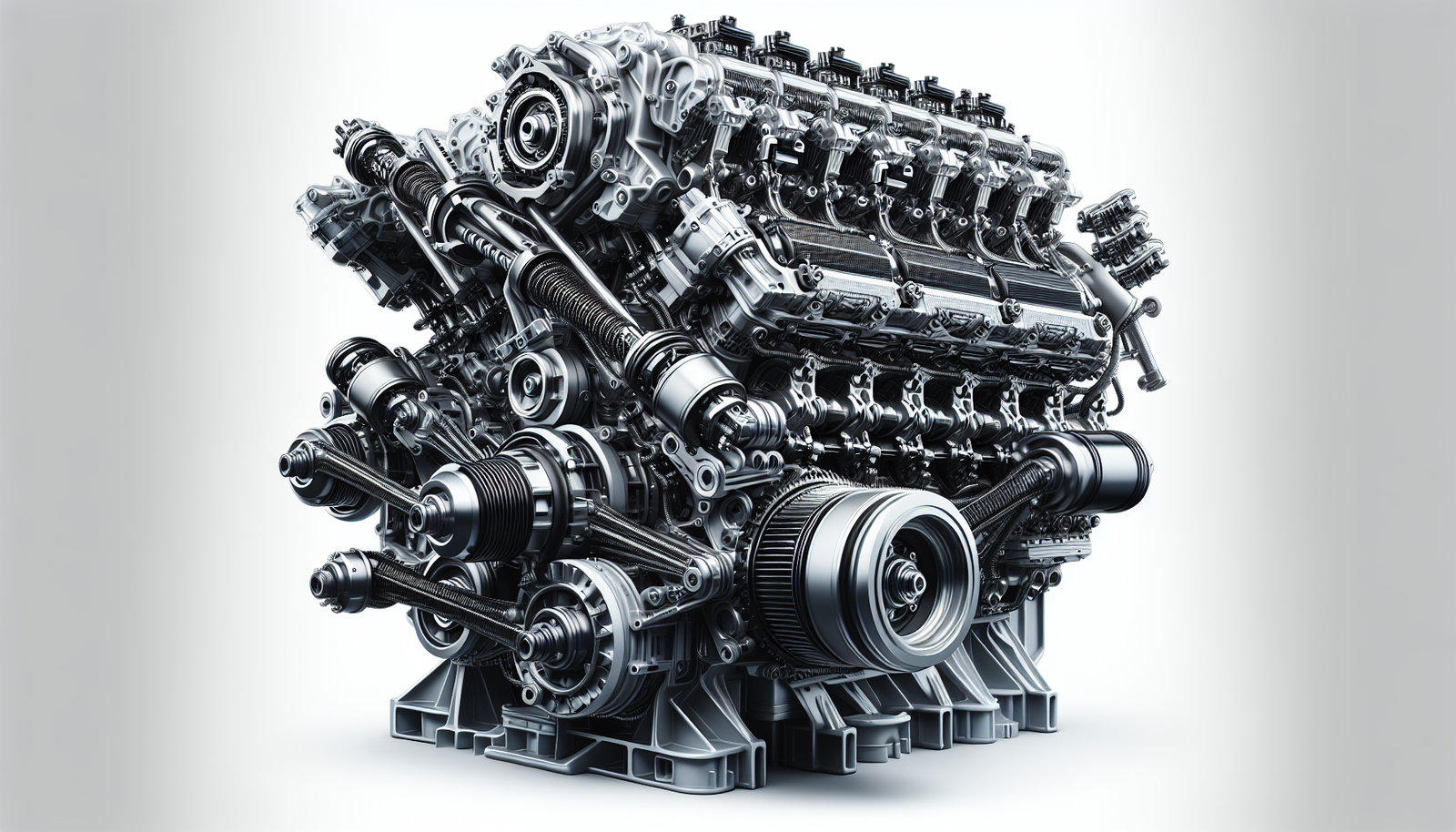You’re very keen on watersports and making the right choice for a boat engine is crucial to enjoying your aquatic adventures as much as possible. “Expert Tips For Choosing The Right Boat Engine For Watersports” explores the intricacies involved in choosing the most suitable boat engine specifically tailored to your watersport needs. It equips you with expert advice and tips gathered from industry professionals, making the daunting task of selection a breeze. Now, you can look forward to maximizing your fun and satisfaction using the perfect boat engine.
Understanding Different Types of Boat Engines
When it comes to choosing a boat engine for water sports, you are presented with several options, including outboard, inboard, sterndrive, and jet engines. Each engine type has its pros and cons, and understanding these will help you make an informed decision.
Outboard Engines
Outboard engines mounted on the stern of the boat, typically used for small to mid-sized boats. They’re popular for their power, improved fuel economy, and mobility since you can steer by pivoting the engine. Also, their ease of installation and maintenance makes them a favorite among many boaters.
Inboard Engines
Inboard engines, on the other hand, are enclosed within the hull of the boat. These engines are perfect for larger boats due to their higher horsepower. With inboard engines, you get a better center of gravity, which leads to improved stability and less exposure to corrosive elements. However, they’re harder to maintain and repair due to their positioning within the boat.
Sterndrive Engines
Sterndrive engines, commonly known as inboard/outboards, are a hybrid between inboard and outboard engines. They combine the maneuverability of outboards with the power of inboard engines, making them suitable for larger recreational boats. They are typically pricier and require more maintenance than outboard engines.
Jet Engines
Jet engines offer a unique boating experience. Instead of a propeller, these engines use a jet of water to create propulsion. This makes them safer and ideal for shallow water boating. However, they are not as fuel-efficient and require more horsepower for high-speed activities.
The Importance of Engine Power for Watersports
Engine power is crucial if you’re planning to indulge in water sports. The horsepower of the boat engine will determine your boat’s performance significantly.
Role of Horsepower in Watersports
Higher horsepower enables the boat to achieve higher speeds, making it suitable for thrill-seeking activities like skiing, tubing or wakeboarding. It also allows for better handling and maneuverability, especially when towing.
Balancing Power and Fuel Efficiency
While horsepower is important, your boat’s engine also needs to be fuel-efficient. More powerful engines often consume more gas, which leads to higher operating costs. So it is crucial to find a balance between the desired power and fuel efficiency.
Upgrading Engine Power for Better Performance
Upgrading your boat’s engine power is one way to boost performance. However, it would be best if you considered the cost and the effect on the boat’s overall weight. More powerful engines are typically heavier and may alter the boat’s balance.
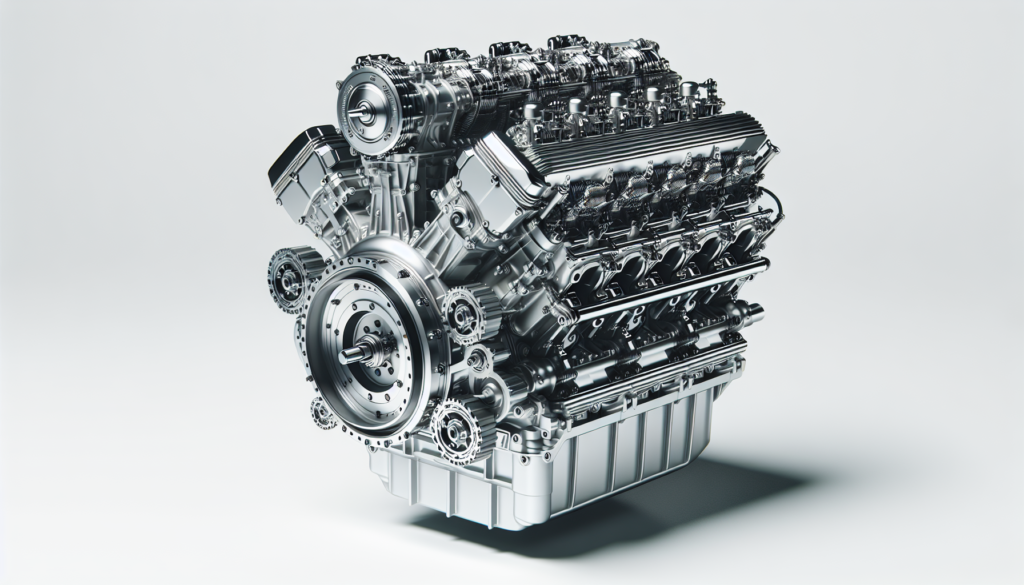
Considerations for Choosing the Right Engine Size
Choosing the right engine size is crucial and involves considering multiple factors.
Understanding Engine Displacement
Engine displacement refers to the total volume of all the cylinders in an engine. Larger displacement often translates to more power and torque. However, it also means a heavier engine and higher fuel consumption.
Link between Engine Size and Boat Size
A basic rule of thumb is that larger boats require bigger engines. Choose an engine that’s too small, and your boat won’t perform as it should. The engine will struggle, wear out faster, and use more fuel. Conversely, an excessively large engine will add unnecessary weight and cost.
Factors Affecting Engine Size Decision
Several factors come into play when choosing the right engine size, such as the boat’s size, weight, hull design, and what you plan on using the boat for. Consulting professionals or the boat manufacturer for recommendations can help you make an informed decision.
Fuel Type Preference for Boat Engines
Choosing between gasoline and diesel for your boat engine is another significant decision.
Difference between Gasoline and Diesel Engines
Gasoline engines are usually cheaper and lighter. However, diesel engines tend to be more fuel-efficient and durable, making them ideal for larger boats and long-distance cruising.
Environmental Impact of Fuel Types
Diesel engines are generally considered more eco-friendly as they produce fewer greenhouse gases. However, they can emit more air pollutants, like soot and nitrogen oxides.
Economic Aspects of Fuel Type
While diesel engines might cost more upfront, they could save you money in the long run thanks to their fuel efficiency, especially if you’re a heavy user. Gasoline engines, while cheaper initially, typically have higher running costs.
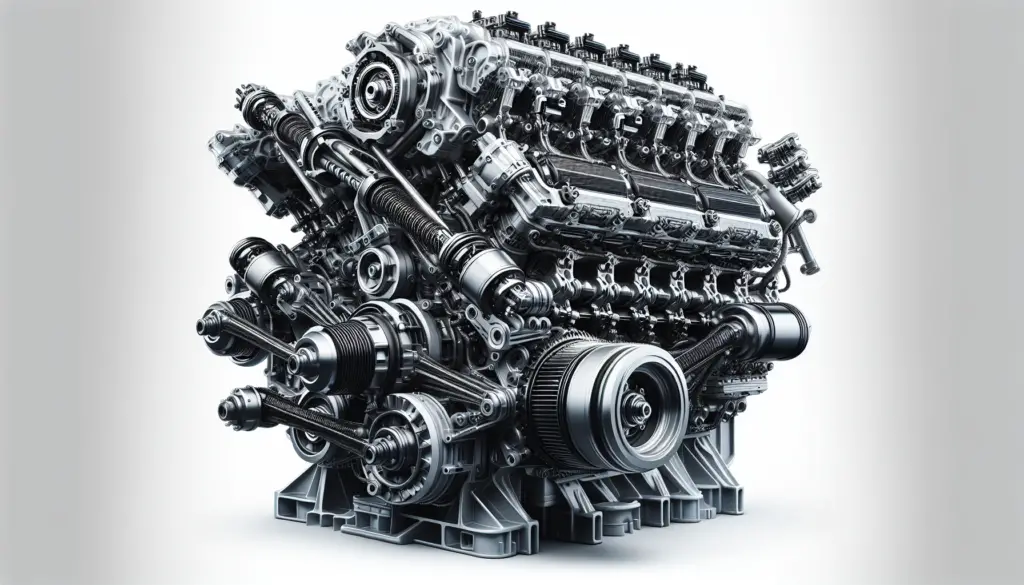
Engine Maintenance and Longevity
Regular maintenance is crucial for the longevity of your boat engine.
Importance of Regular Engine Maintenance
Regular engine maintenance not only prolongs the engine’s life but also ensures optimal performance and fuel efficiency. This includes regular oil changes, filter replacements, and checks for wear and tear.
Typical Lifespan of Boat Engines
The lifespan of boat engines can vary widely depending on factors like the type of engine, how often it’s used, and how well it’s maintained. On average, a well-maintained boat engine can last for several thousands of hours of operation.
Maintenance Tips for Prolonging Engine Life
High-quality lubrication, using the right type of fuel, protecting the engine from extreme weather conditions, and addressing any issues promptly can all help prolong the life of your boat engine.
Evaluating Engine Noise and Vibration
Engine noise and vibration can significantly impact your boating experience.
Impact of Engine Noise on Watersports
Excessive engine noise can be off-putting, especially for water sports like skiing, tubing, or wakeboarding where the boat is in frequent use. It can also disrupt peaceful cruising or fishing trips.
Ways to Mitigate Engine Vibration
Engine vibration can also be uncomfortable. Using innovative engine mounts, installing mufflers, and regular tuning can help to reduce vibration levels.
Choosing Engines with Lower Noise Levels
When selecting an engine, consider its noise levels. Some manufacturers design engines specifically to operate quietly. These could be an excellent choice for those who value a quieter boating experience.
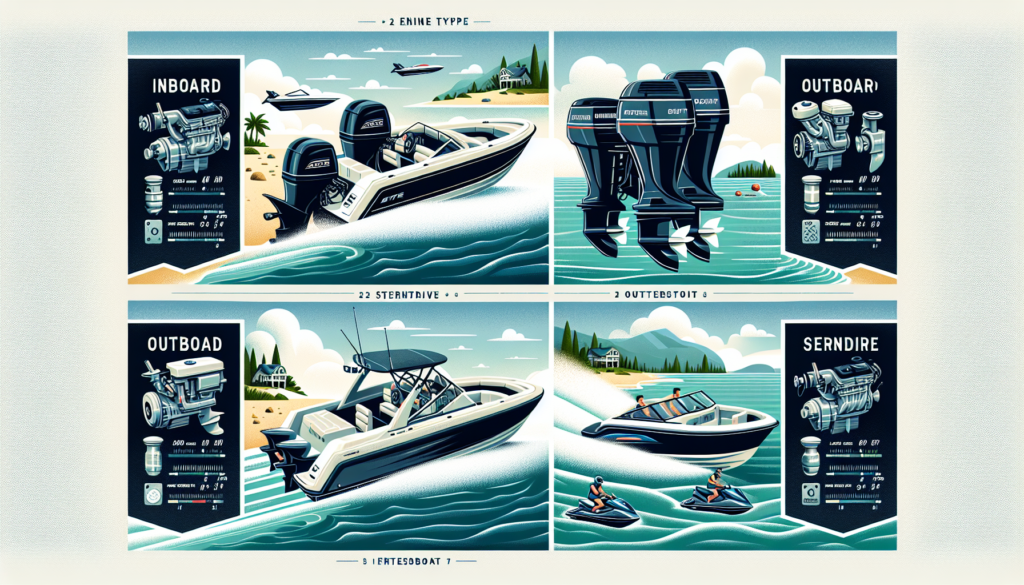
Impact of Engine Weight on Boat Performance
The weight of your boat engine plays a significant role in your boat’s performance.
How Engine Weight Affects Stability
A heavier engine provides more stability, especially at higher speeds. However, it can also slow the boat down, make it consume more fuel, and affect its draft – the minimum depth of water in which your boat needs to float.
Lightweight Engines vs. Heavy Engines
Lightweight engines, typically made of aluminum, offer better fuel efficiency and performance. They’re more appropriate for smaller boats and those used for speed-related water sports. Conversely, heavy engines, made of materials like cast iron, are better for larger boats and those used for activities like long-distance cruising.
Retrofitting Considerations for Engine Weight
If you’re considering replacing your boat’s engine with one of a different weight, keep in mind that this could affect the boat’s balance and performance. You might need to make additional modifications to accommodate the new engine.
The Role of Engine Brand Reputation
The brand of your boat engine can significantly influence its performance and reliability.
Popular Brands in the Boating Industry
Popular brands in the boating industry have earned their reputation over the years by delivering high-performing and reliable engines. Brands like Mercury, Yamaha, and Honda are known for their innovation, performance, and customer service.
Importance of Brand Reliability
Opting for a reliable brand minimizes the risk of technical issues, ensures better performance, and offers a sense of security. A reliable engine from a reputable brand will also have a higher resale value.
Brand Support and After-sales Service
Good after-sales service is essential. This includes easy access to spare parts, efficient customer service, and extensive warranty coverage.
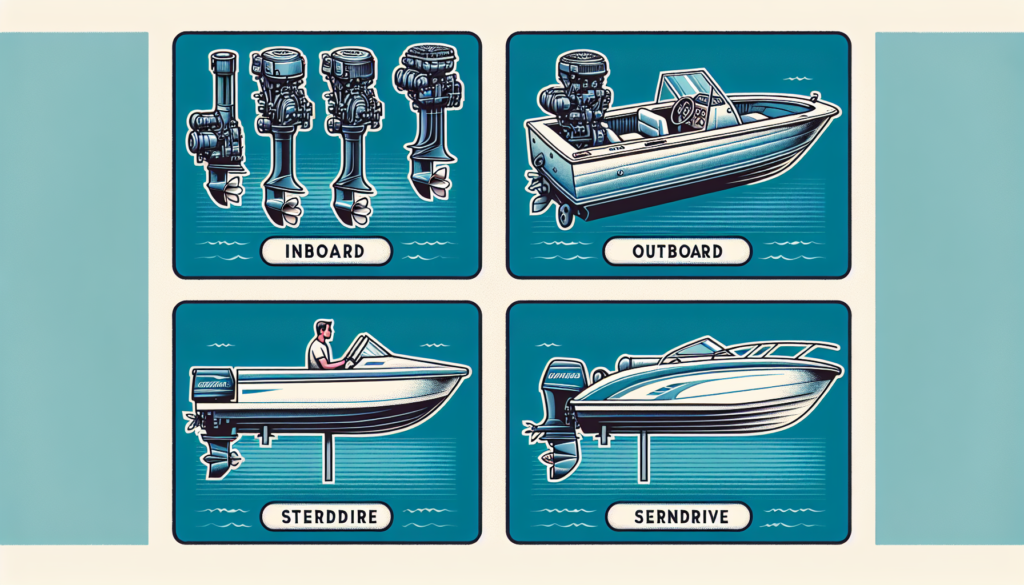
Understanding the Costs and Investments
Investing in a boat engine involves considering both the upfront cost and ongoing expenses.
Initial Engine Purchase Price
The size, brand, and type of engine will determine its initial purchase price. While you may be inclined to go for the cheapest option, remember that this could end up costing you more in repairs and maintenance down the line.
Ongoing Maintenance Costs
Maintenance and repair costs should also be considered. Regular servicing, potential repairs, and part replacements all contribute to the total cost of owning a boat engine.
Fuel Efficiency and Operating Costs
An engine’s fuel efficiency directly impacts its operating costs. More efficient engines will consume less fuel, reducing your expenses in the long run.
Final Thoughts on Choosing the Right Engine
Choosing the right boat engine can seem daunting, but careful consideration of your needs, budget, and the engine’s purpose will help you make an informed choice.
Recap on How to Choose the Right Boat Engine
Keep in mind that the right boat engine depends on the size and type of your boat, the intended use, and your personal preferences. Also, consider factors like engine type, power, size, brand, fuel type, weight, noise, and vibration, as well as costs and maintenance.
Consulting Professionals for Expert Guidance
If you’re unsure, consulting professionals can provide expert guidance based on their experience and knowledge. This can help you avoid costly mistakes and ensure you choose an engine that suits your needs.
Importance of Test Runs Before Purchase
Finally, never underestimate the importance of a test run. This allows you to gauge performance, noise levels, and assess whether the engine is the right fit for you and your boat.
Remember, investing in the right boat engine is key to a successful and enjoyable boating experience. So take your time, do your research, and don’t rush your decision.

